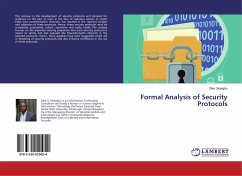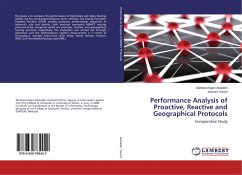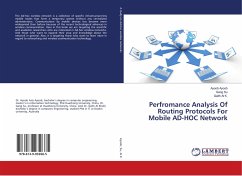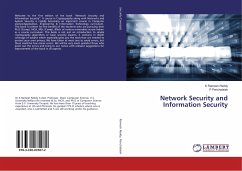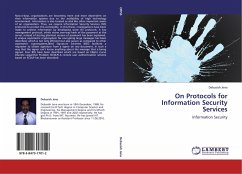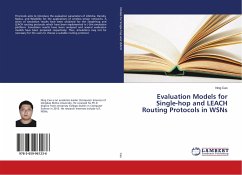The security of Internet networks and distributed systems are based on the security of cryptographic protocols. A flaw in a cryptographic protocol could lead to considerable consequences affecting societies or individuals. To prevent these flaws, the formal methods have been shown the best and most suited to design and analyze the cryptographic protocols. The first attempt in this way was to use model-checking techniques to explore a finite subset of the executions set of the analyzed protocol in order to discover flaws. However, since a protocol can exhibit an infinite set of executions, it is very difficult for these approaches to certify the security of a given protocol when they fail to find flaws. Recently, there have been some efforts to find approaches that allow to ensure the security of protocols but they are dedicated to some class of protocols. Also, almost of them could not analyze cryptographic protocols used in our daily lives. To overcome these problems, we presentin this book the interpretation function-based method that is not restrictive to a class of cryptographic protocols and could analyze protocols such as SET the most used protocol in e-commerce.
Bitte wählen Sie Ihr Anliegen aus.
Rechnungen
Retourenschein anfordern
Bestellstatus
Storno


